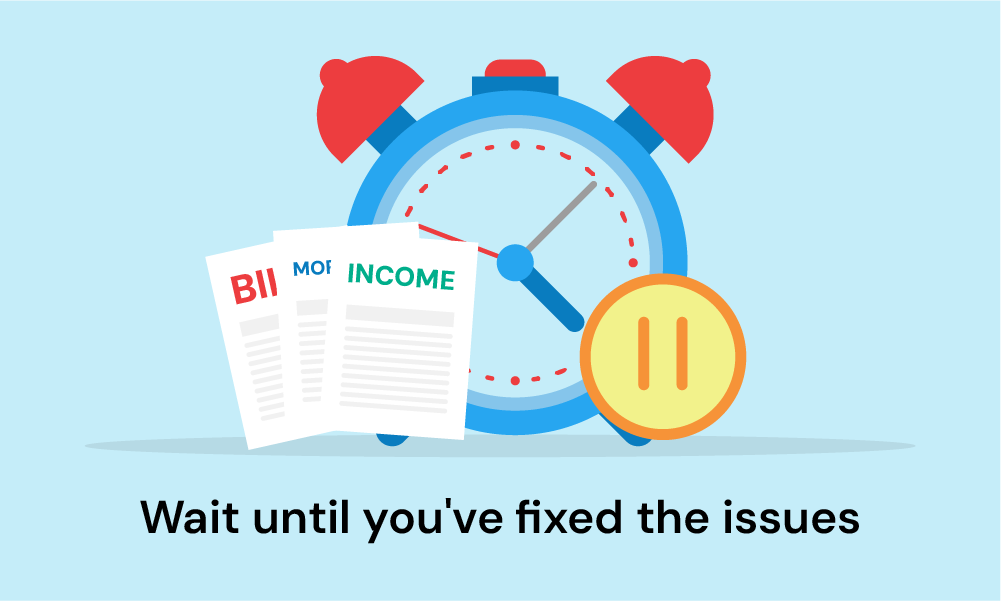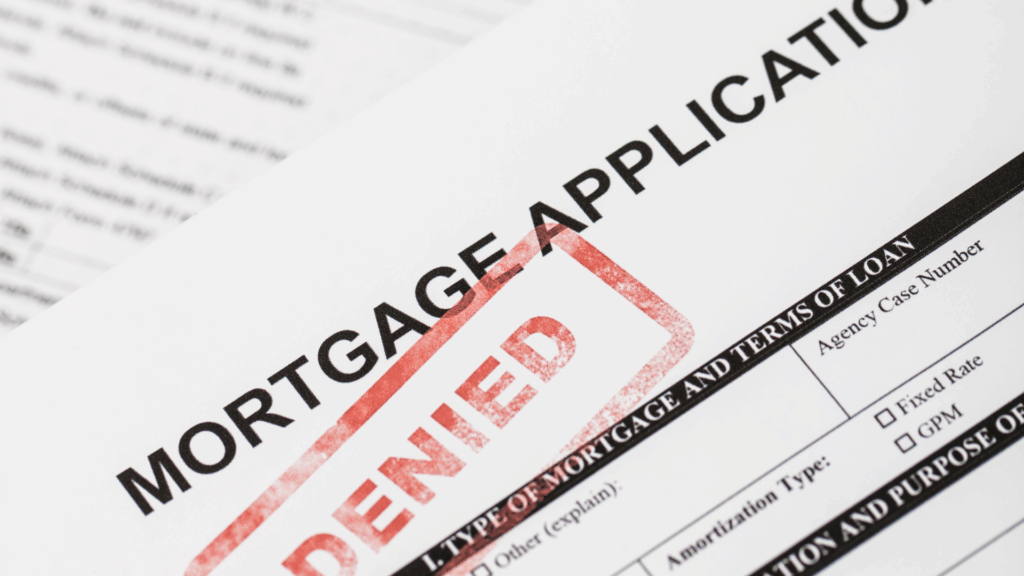What Checks Do Mortgage Lenders Do Before Completion?

You’re in the home stretch of the mortgage process – all the paperwork is signed, finances vetted, and you’ve even got your moving boxes ready.
But then the lender requests one final credit check before completion. What gives?
This final mortgage credit check is a common and critical step that shouldn’t catch you off guard. Let’s break it down so you know exactly what to expect.
What is a Final Mortgage Credit Check?
A final mortgage credit check is the last step lenders take before they approve your mortgage.
They review your credit history again to ensure nothing has changed since your initial application.
It’s their way of confirming you’re still a reliable borrower. This check ensures you haven’t taken on new debts or missed any payments.
It’s a safeguard for the lender, making sure everything’s in order before they commit to lending you a significant amount of money.
So, keep your finances stable and your credit clean until your mortgage is fully approved.

When Do Lenders Perform Final Checks?
Lenders perform final checks right before you sign on the dotted line. This could be just before exchanging contracts or even on the day of completion.
It’s a tense moment, especially if your finances have shifted since you first applied.
But don’t worry. If you’ve kept things steady, there’s no reason to stress.
The lender just wants to ensure everything is in order before they give you the green light. They’re simply crossing the final t’s and dotting the last i’s.

What Exactly Do Lenders Look at in a Final Check?
During the final credit check, the lender will scrutinise several key areas of your financial profile.
Here’s what you can expect them to examine:
- Credit Report & History. They’ll take an in-depth look at your current credit report and history. This includes checking for any new credit accounts opened, payment delinquencies, debt levels, and your overall credit utilisation.
- Income & Employment. Verifying your income and employment status is crucial. The lender wants to confirm you’re still earning the same amount and have maintained job stability since initially applying.
- Spending Habits and Outgoing. Your regular outgoings and expenditures will also come under the microscope. Any significant increases or new financial commitments could raise red flags about your ability to comfortably afford the mortgage repayments.
- Major Life Changes. Finally, the lender will be on the lookout for any major life changes that could impact your mortgage application – things like a new job, becoming self-employed, or acquiring additional financial dependents.
How to Boost Your Chances Before the Final Check
While some factors may be out of your control, there are proactive steps you can take to increase your chances of a successful final credit check:
Keep Credit in Good Shape
Make all debt payments on time, avoid opening new credit accounts unnecessarily, and keep your credit utilisation low.
Good credit habits leading up to the final check demonstrate responsible financial management.
Maintain a ‘Business as Usual’ Approach
Where possible, it’s best to avoid major life or financial changes in the period leading up to completion. Stick to your usual income, job, living arrangements and spending patterns to present a stable front.
Provide Evidence of Stability
If there have been any unavoidable changes, be upfront with your lender and provide supporting evidence.
Documented proof of a reasonable explanation, like a job change with equal or higher income, can reassure the lender.
Work With a Broker
An experienced mortgage broker can offer invaluable guidance throughout the process. They’ll ensure you’re well-prepared for the final credit check and can step in to smooth over any potential issues that arise.

What If You Fail the Final Credit Check?
Despite your best efforts, sometimes things don’t go according to plan. If your mortgage is declined following the final credit check, don’t panic – there are still options:
Request an Explanation
First things first – speak to the lender and request a detailed explanation for why your application was rejected. This will allow you to identify and address the specific issues.
Review Your Credit Report
Obtain an up-to-date copy of your credit report and thoroughly review it for any errors or questionable items that could be negatively impacting your score.
Appeal the Decision
If you believe the lender’s decision was unjustified, you can appeal it and plead your case – ideally with the help of a mortgage broker who specialises in these types of situations.
Consider Alternative
Lenders Your current lender may have declined you, but that doesn’t mean other lenders will follow suit.
An experienced broker can shop your application around to find alternative, more favourable mortgage options.
Don’t Rush Into a New Application
Finally, avoid rushing into a brand-new mortgage application immediately after being declined. This could further damage your credit score.
Instead, take some time to get your finances in order first.

The Bottom Line
To summarise the key points on final mortgage credit checks:
- Lenders perform these checks as a final verification before releasing mortgage funds
- They assess credit, income, expenditure and any major life changes
- Maintaining financial stability is crucial to boost your approval chances
- Work with a broker – they can guide you smoothly through this process
- If declined, don’t panic – you still have options like appeals and alternative lenders
By understanding what final credit checks entail and how to properly prepare, you’ll be in the best position to get mortgage approval and seamlessly complete your new home purchase.
Using a good mortgage broker can also be a smart move. Brokers have insider knowledge and access to a wide range of lenders. They can help you find the best deals and even guide you through the final credit check process.
Their expertise can make the journey smoother and less stressful. Plus, they often know the tricks to improve your application and avoid common pitfalls.
So, if you want to enhance your chances and reduce headaches, consider getting a broker on your side.
Looking for a broker? Get in touch. We’ll connect you with a qualified mortgage broker for a free, no-obligation consultation.
Get Matched With Your Dream Mortgage Advisor...

Frequently asked questions
Can a mortgage offer expire before completion?
Yes, a mortgage offer can expire before completion. Mortgage offers typically have a validity period, usually between three to six months.
If your property purchase isn’t completed within this timeframe, the offer can lapse. In such cases, you might need to reapply or request an extension from the lender, which can involve another round of credit and financial checks.
Do UK mortgage lenders recheck credit before closing?
Yes, UK mortgage lenders typically recheck credit before closing. This final credit check ensures that your financial situation hasn’t changed since the initial mortgage approval.
They look for new debts, changes in your credit score, and any signs of financial instability. This step is crucial to confirm you remain a low-risk borrower before they release the mortgage funds.
How long does a credit check take?
A credit check usually takes only a few minutes to complete. However, the lender’s review process might take a bit longer, especially if they need to verify additional information or documentation.
Typically, you can expect the entire process to be completed within a few days.
Do lenders verify credit before finalising a mortgage?
Yes, lenders verify credit before finalising a mortgage. This final verification helps them ensure that there haven’t been any significant changes in your financial situation since your initial application.
They look at your credit report for new debts, payment history, and overall financial stability. This check is essential to confirm that you’re still a low-risk borrower before they approve the mortgage and release the funds.




